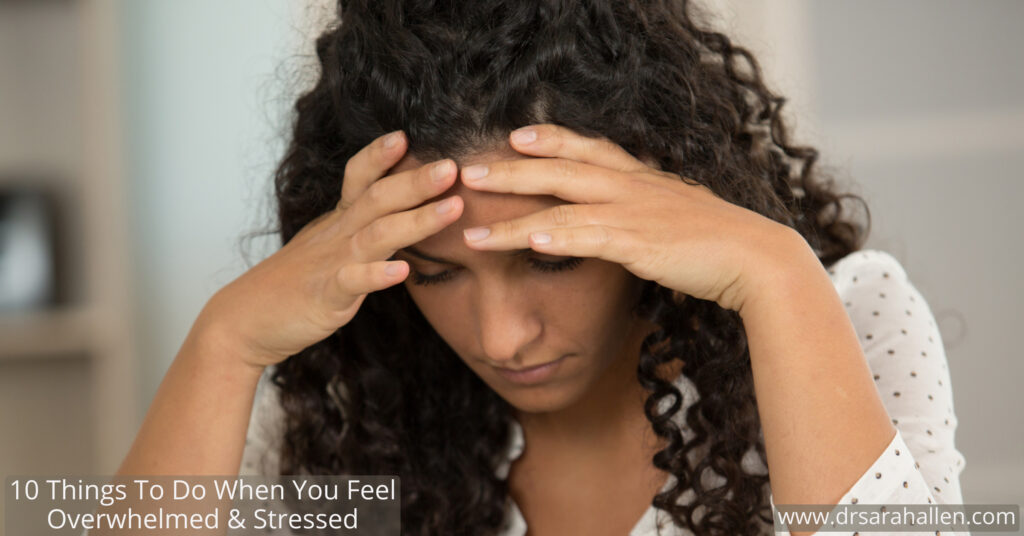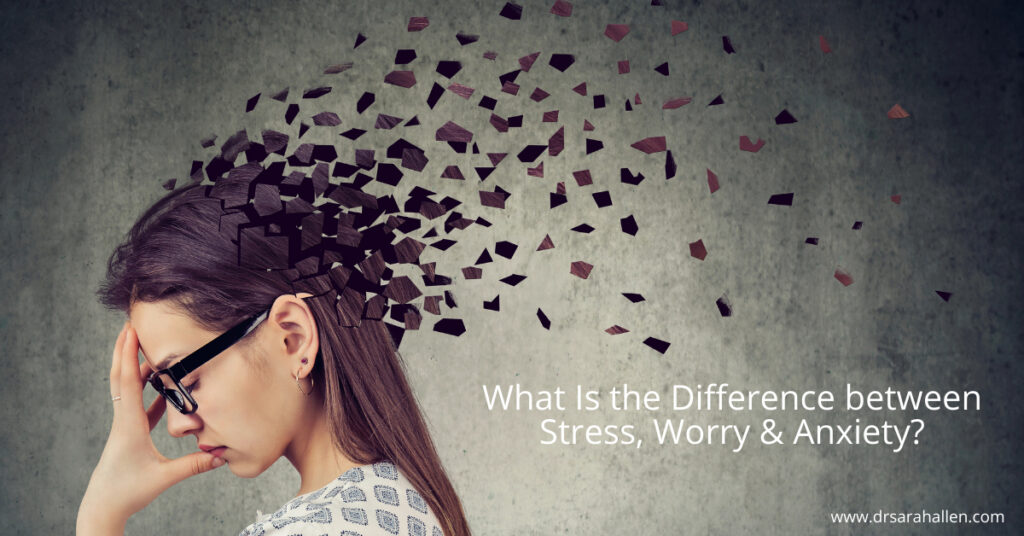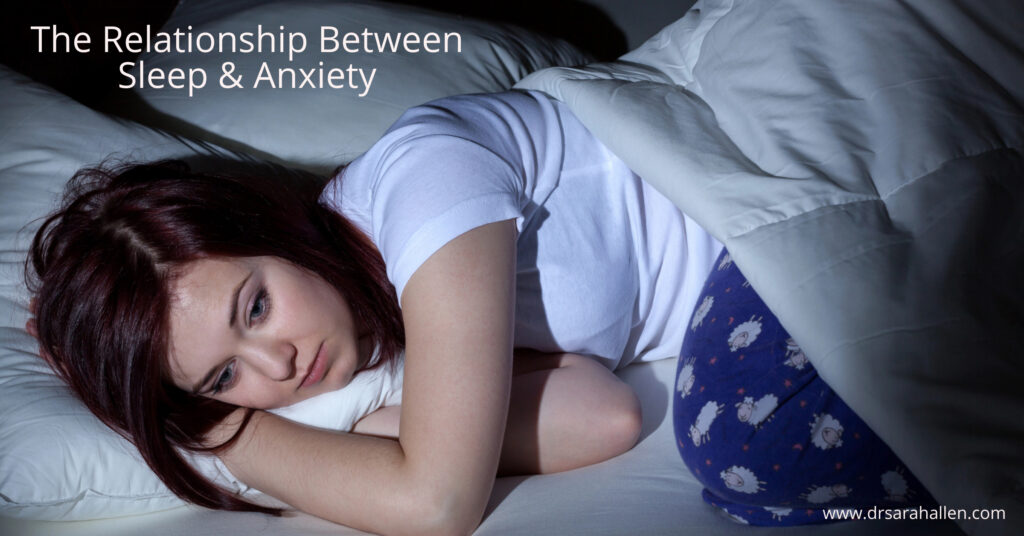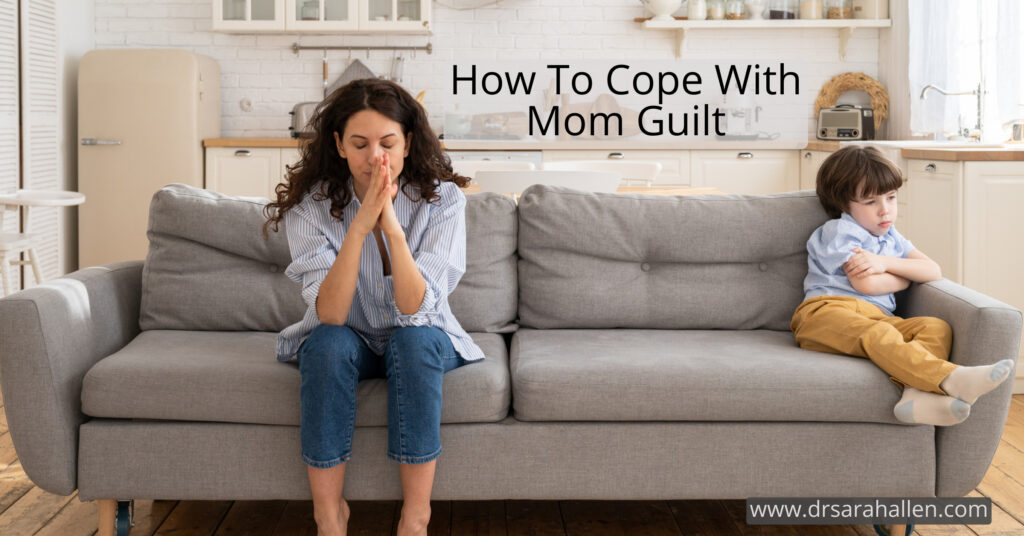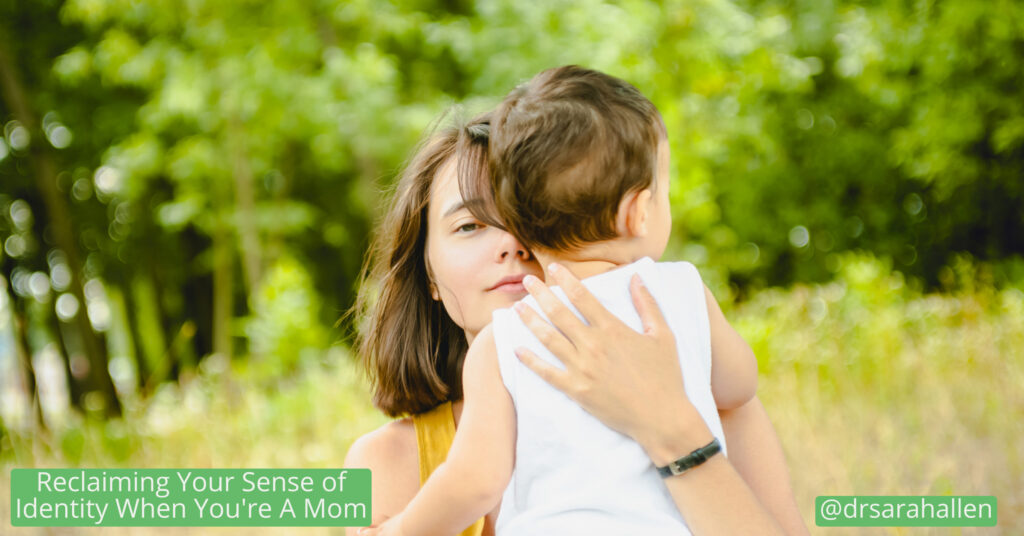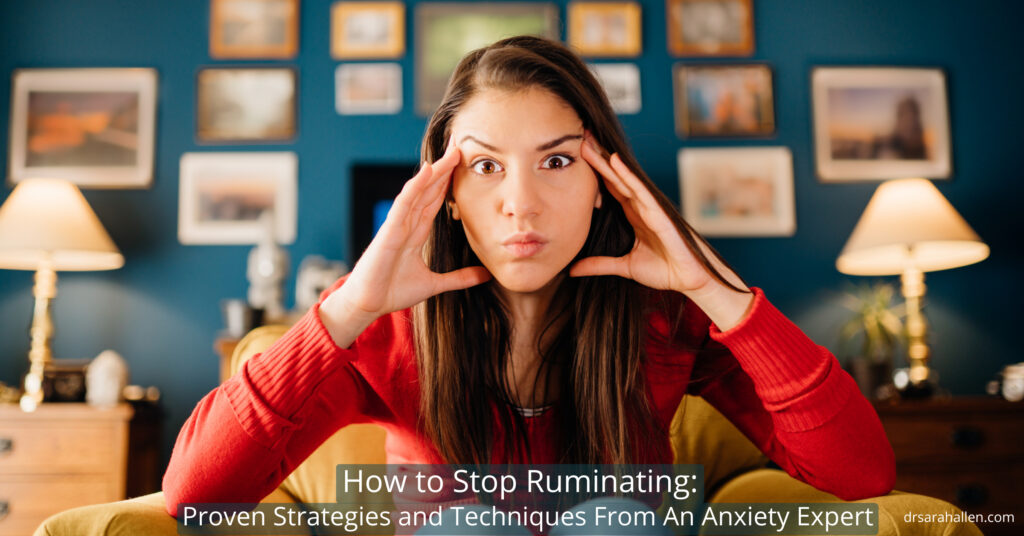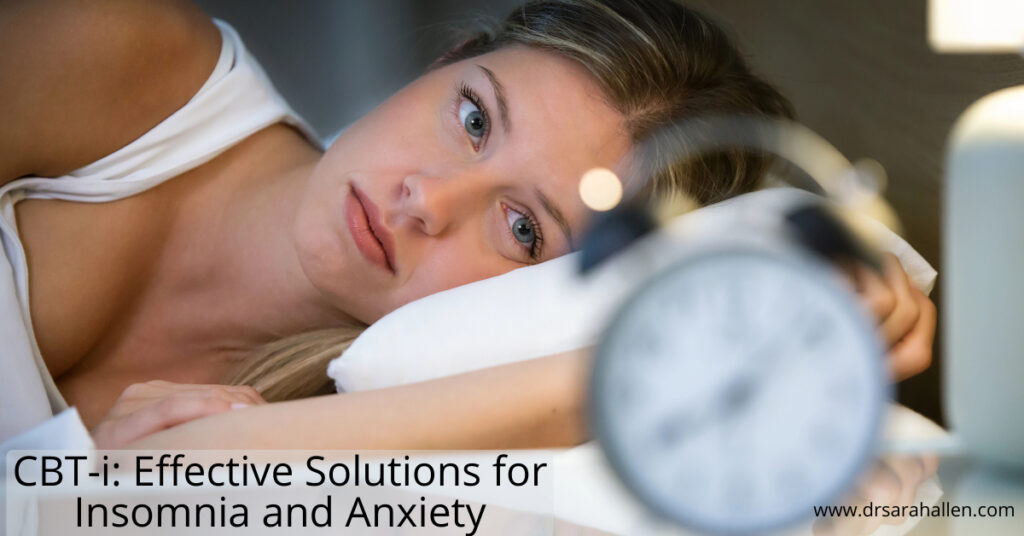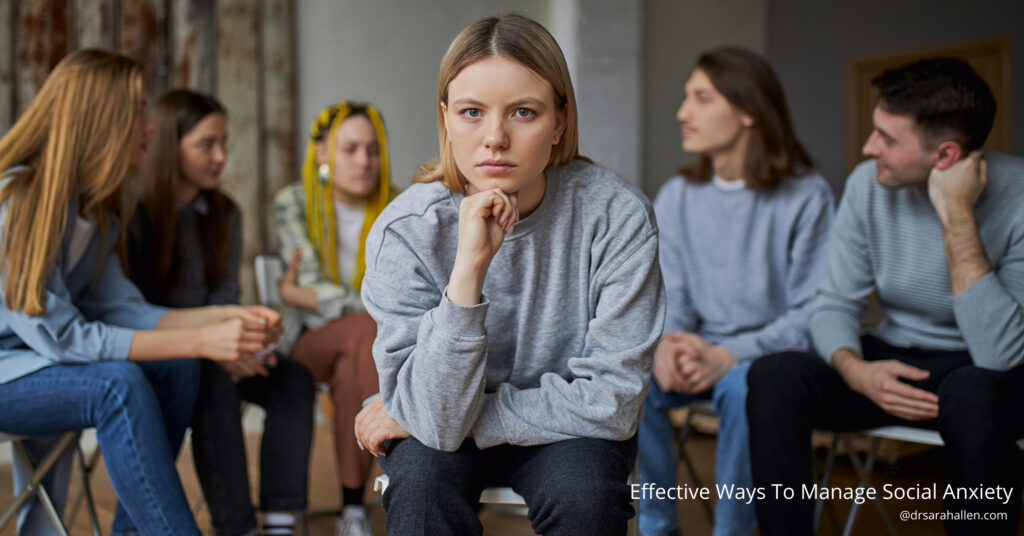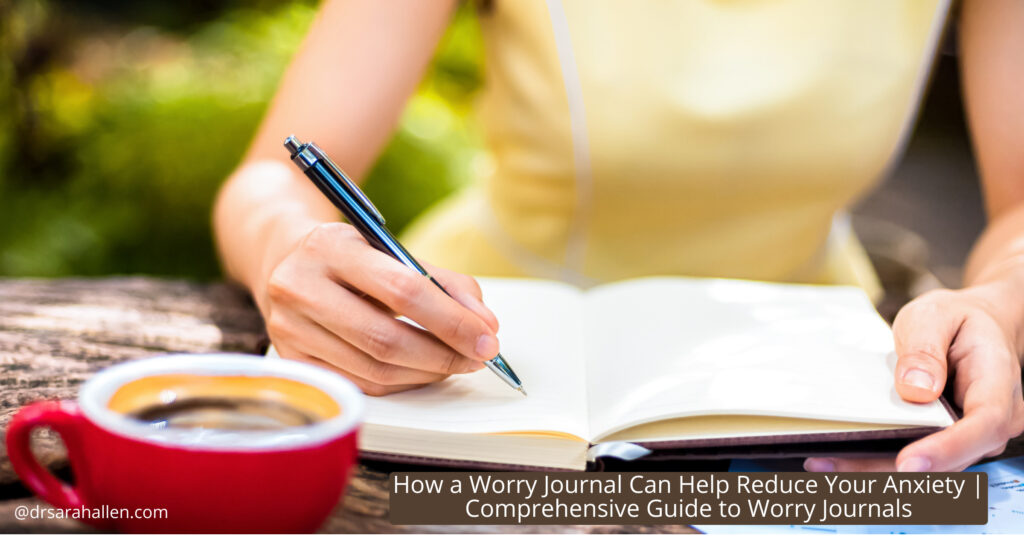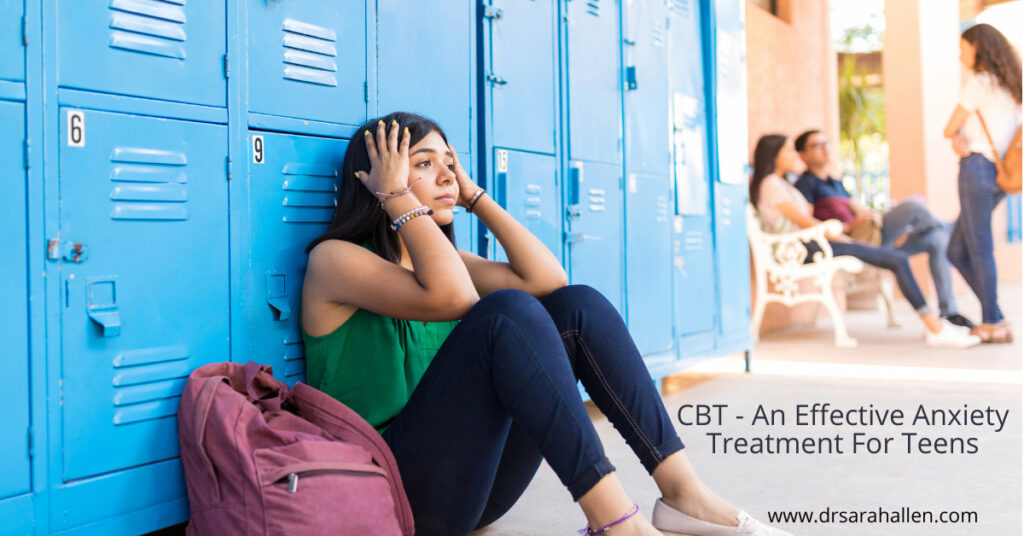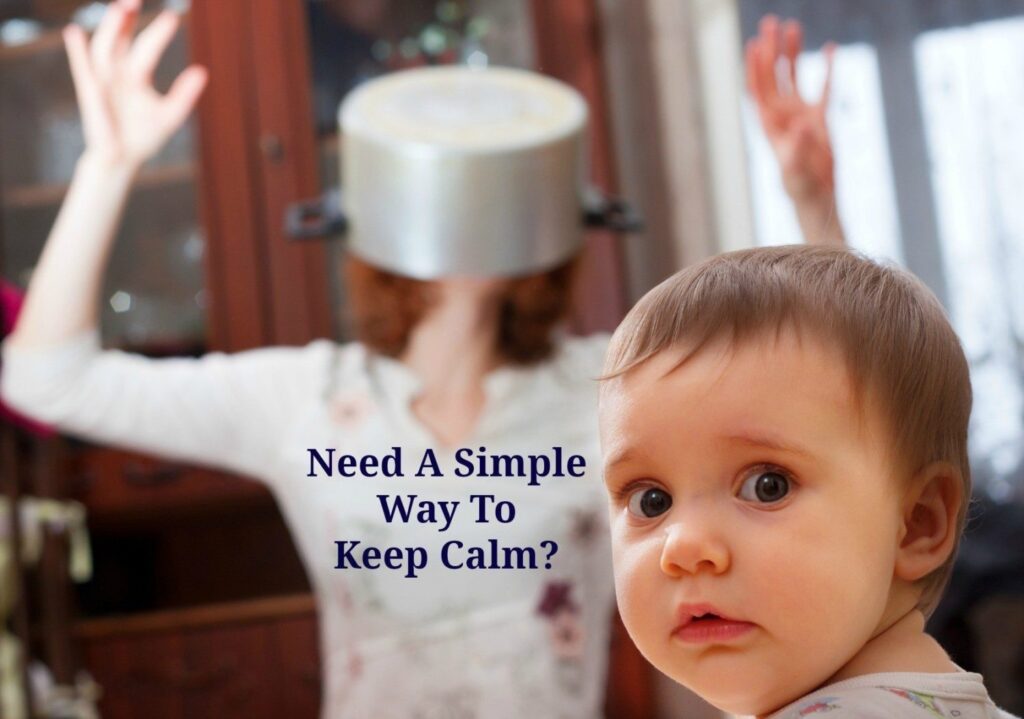
I have found over the many years I have been in practice that women come in to see me with what they think is stress or an anxiety disorder but when we dig deeper is actually ADHD or combined anxiety and ADHD. Attention-Deficit/Hyperactivity Disorder can affect anyone, but ADHD in women often looks different than it does in men and the signs in women can be less obvious.. Many women go undiagnosed for years. As a result, many women may not know they have it and may be critical of themselves or blame feeling overwhelmed as a personal failure rather than a neurological difference.
When you have ADHD, it can be hard to focus, stay organized, or remember things. For women, these problems can be even harder to spot because they might deal with them differently than men. Women with ADHD might be more daydreamy or forgetful rather than hyperactive. This means their challenges might be overlooked when they are younger.
ADHD can also come with other conditions like anxiety or depression, making it even harder to diagnose. Because of these extra challenges, it’s important to know the signs and find ways to manage them. Understanding ADHD can help women improve their lives and feel more in control. If you suspect you have ADHD, learning about it can be a big first step towards getting help and feeling better.
Understanding ADHD in Adult Women
ADHD in adult women often looks different from how it appears in children or in men. Women with ADHD may struggle with attention, memory, and organization. However, these challenges may not be as noticeable as hyperactivity. They may seem forgetful or appear to be daydreaming.
Women with ADHD often feel overwhelmed by their daily tasks. Managing home, work, and family can be very hard. They might find it difficult to stay organized or keep track of details. This can lead to feelings of frustration and low self-esteem.
ADHD in women can also come with other mental health issues. Anxiety and depression are common among women with ADHD. These additional conditions can make their ADHD symptoms worse. Knowing this is vital for understanding how ADHD affects women differently and why they need specific support.
Common Symptoms of ADHD in Women
ADHD manifests in various ways in women. Some might experience difficulty staying focused on tasks. Other symptoms can include forgetfulness and being easily distracted. Here are common symptoms to look out for:
1. Difficulty Paying Attention: Women with ADHD often have trouble focusing on tasks or conversations. They may make careless mistakes or miss important details.
2. Forgetfulness: Forgetting appointments, losing things, and not following through with tasks are common issues.
3. Emotional Sensitivity: Many women with ADHD experience high levels of emotional sensitivity. They might feel overwhelmed quickly and react strongly to certain situations.
4. Difficulty Managing Time: Procrastination and problems with time management can lead to missed deadlines or lateness.
5. Impulsivity: Impulsive actions or decisions can be a challenge. This might include interrupting others or speaking out of turn.
These symptoms can impact all aspects of a woman’s life. Recognizing these signs can help women understand their challenges and seek the help they need. Identifying ADHD early can make a significant difference in managing its symptoms and improving the quality of life.
To read the CDC page on diagnosis criteria for ADHD visit https://www.cdc.gov/adhd/diagnosis/index.html
Why Women Might Not Have Been Diagnosed as Children
Many women with ADHD were not diagnosed as children. This is because ADHD often presents differently in girls than in boys and teachers don’t identify girls as a “problem” in class because girls are less likely to show hyperactivity and more likely to be quiet or inattentive. Their symptoms might look like daydreaming or shyness, which are less disruptive and easier to overlook. Also, diagnosis of ADHD was less common decades ago than it is today as teachers have more awareness and resources to hand.
Teachers and parents might not recognize the signs of ADHD in girls. They might assume the girl is simply well-behaved or a bit scattered. This leads to many girls growing up without knowing they have ADHD. As a result, these women struggle with symptoms throughout their lives without understanding why.
Comorbidities play a role too. ADHD can occur alongside other conditions like anxiety or depression. These additional challenges can mask ADHD symptoms, making it harder to diagnose. Awareness about how ADHD looks different in women is growing, but many still go undiagnosed. Recognizing these signs and seeking help can make a significant difference in their lives.
Managing ADHD as a Mother
I find that women with ADHD often manage work and home life okay until they become a mom. Being a mother with ADHD can be incredibly challenging. Juggling responsibilities at home and work requires focus and organization, which are often difficult for those with ADHD. However, there are effective strategies that can help manage these challenges and make parenting easier.
1. Create a Routine: Establishing a daily routine can help you stay organized. Set specific times for tasks like meals, homework, and chores.
2. Use Reminders: Utilize tools like planners, calendars, and phone alarms to keep track of tasks and appointments.
3. Delegate Tasks: Don’t be afraid to ask for help. Share responsibilities with your partner or children to lessen your load.
4. Simplify Your Environment: Declutter your home and create designated spaces for commonly used items to make it easier to find things.
5. Prioritize Self-Care: Taking care of your mental and physical health is crucial. Make time for activities that relax and rejuvenate you.
These strategies can help mothers with ADHD manage their symptoms better and create a more organized and calm home environment. It is always good to work with a mental health professional who specializes in women’s issues to develop individualized coping strategies and help you understand if you also have anxiety and/or depression and if referral to a psychiatrist for medication is advisable.
Conclusion
ADHD in adult women is often misunderstood and underdiagnosed. Recognizing the unique ways it presents in women, especially mothers, is vital for effective management. Symptoms like inattentiveness, forgetfulness, and emotional sensitivity can impact everyday life. By understanding these signs and seeking appropriate support, women can better manage ADHD.
Effective coping strategies can significantly improve the quality of life for moms with ADHD. It’s important to address comorbid conditions like anxiety and depression, as they can compound ADHD symptoms.
If you resonate with these symptoms and feel overwhelmed, seeking counseling is a good first step. I offer counseling for anxiety, depression, and ADHD in my office in Northbrook, IL, or virtually in Chicago and across IL, FL & the UK. Please reach out to me to receive the support you need to manage ADHD and improve your well-being. I can help.

If you have any questions, or would like to set up an appointment to work with me and learn how to reduce anxiety, please contact me at 847 791-7722 or on the form below.
If you would like to read more about me and my areas of specialty, please visit Dr. Sarah Allen Bio.
Dr. Allen’s professional license only allows her to work with clients who live in IL & FL & the UK and unfortunately does not allow her to give personalized advice via email to people who are not her clients.
Dr. Allen sees clients in person in her Northbrook, IL office or remotely via video or phone.

What Can I Read That Helps Me While I Am Waiting For My First Appointment With Sarah?
Download this free booklet to gain valuable insights and practical strategies for managing anxiety and worrying.



